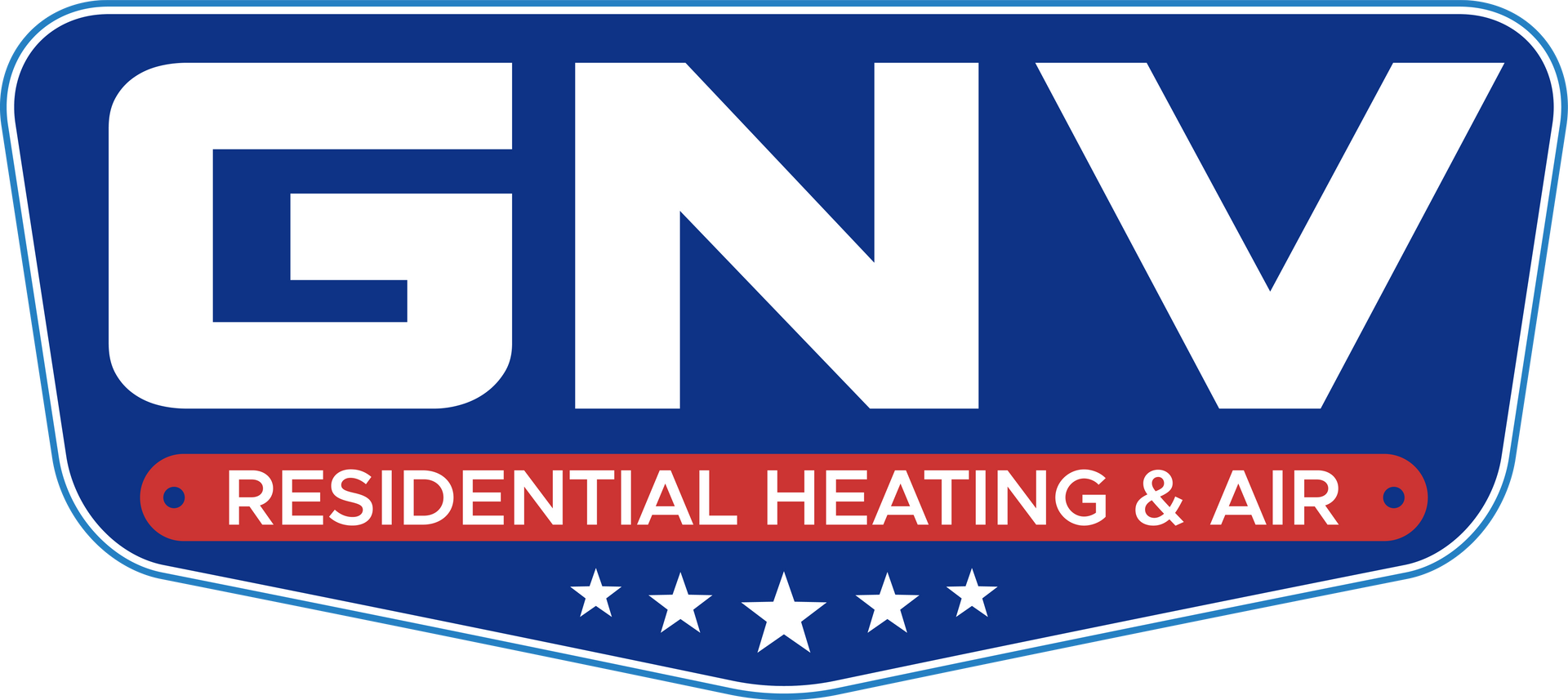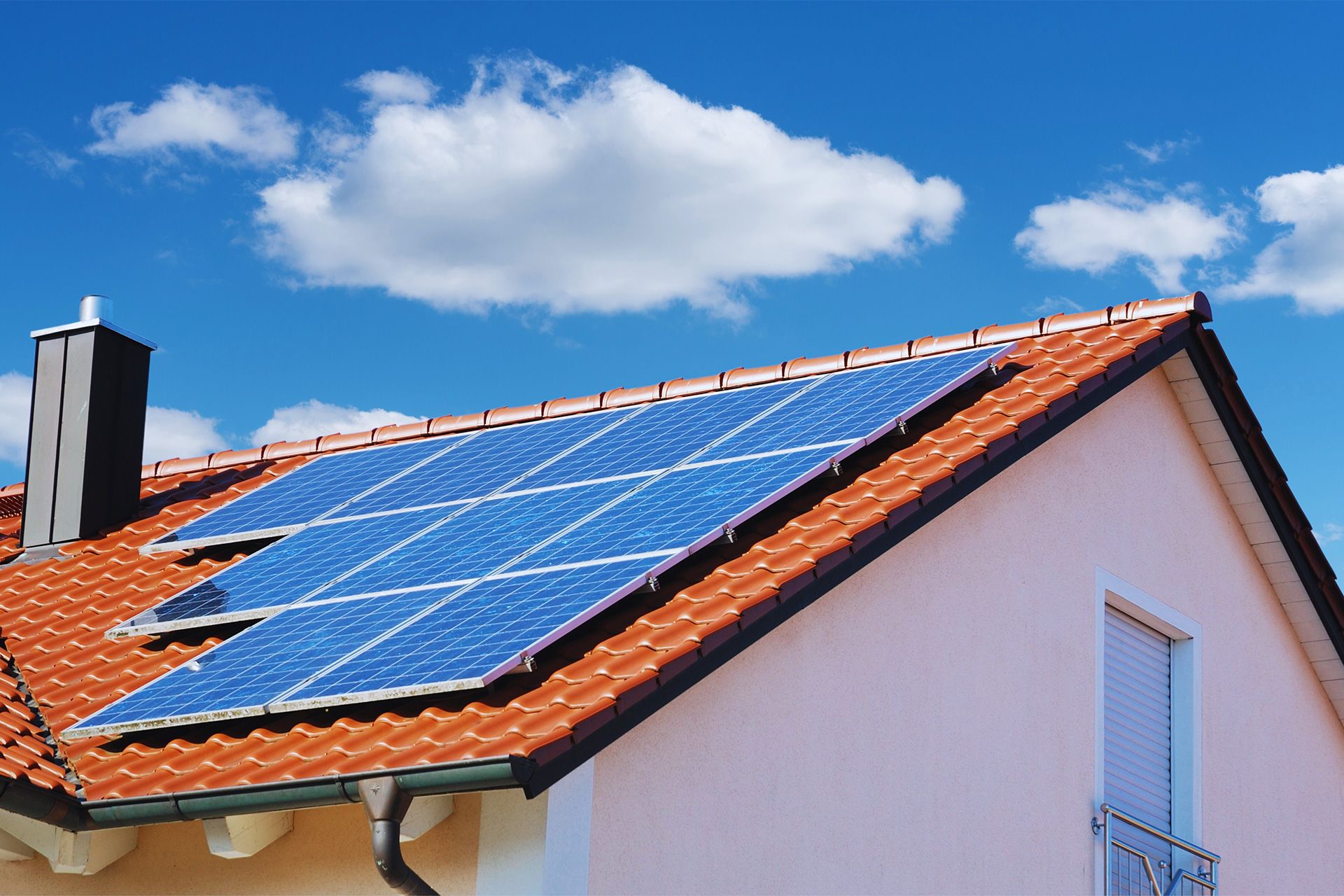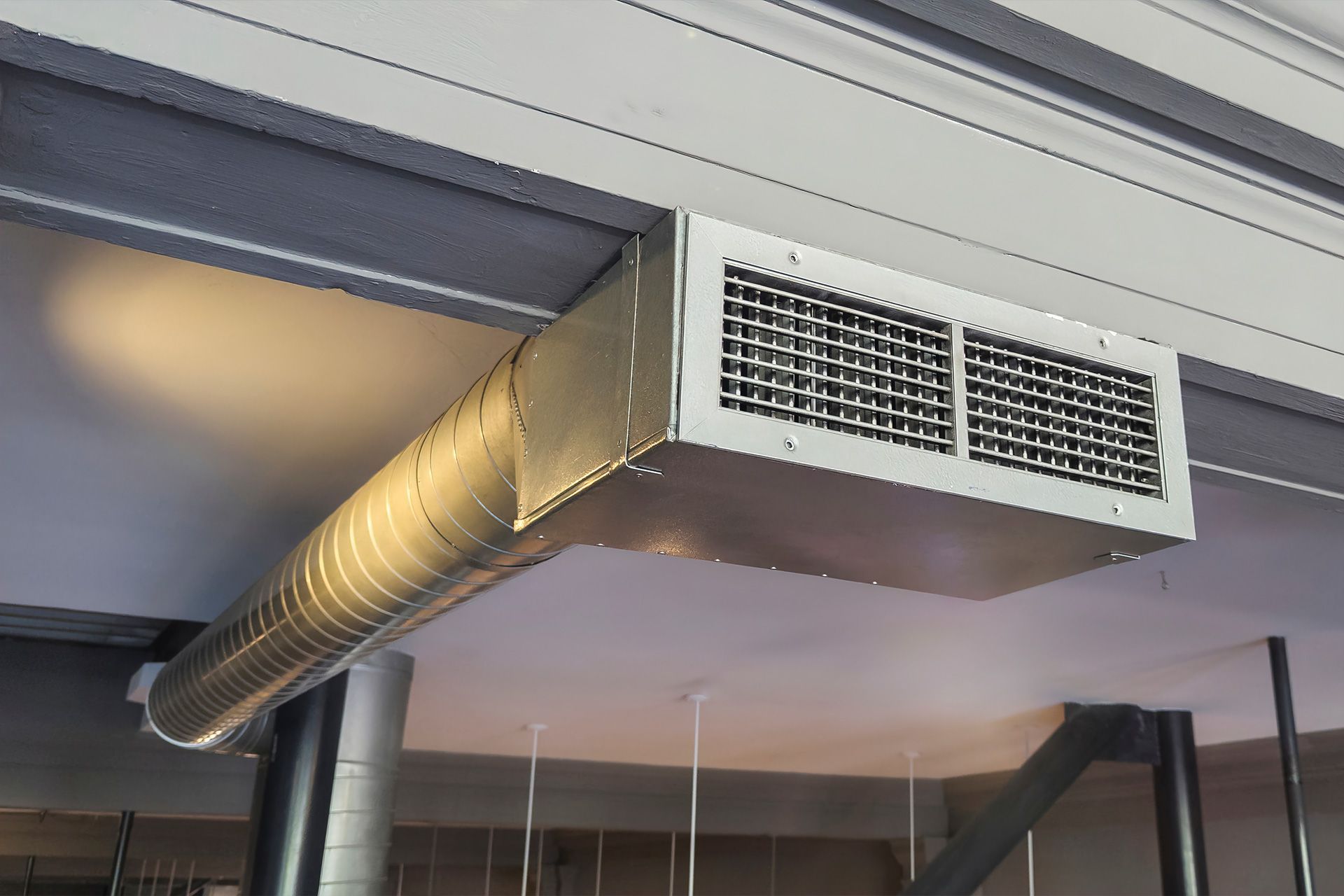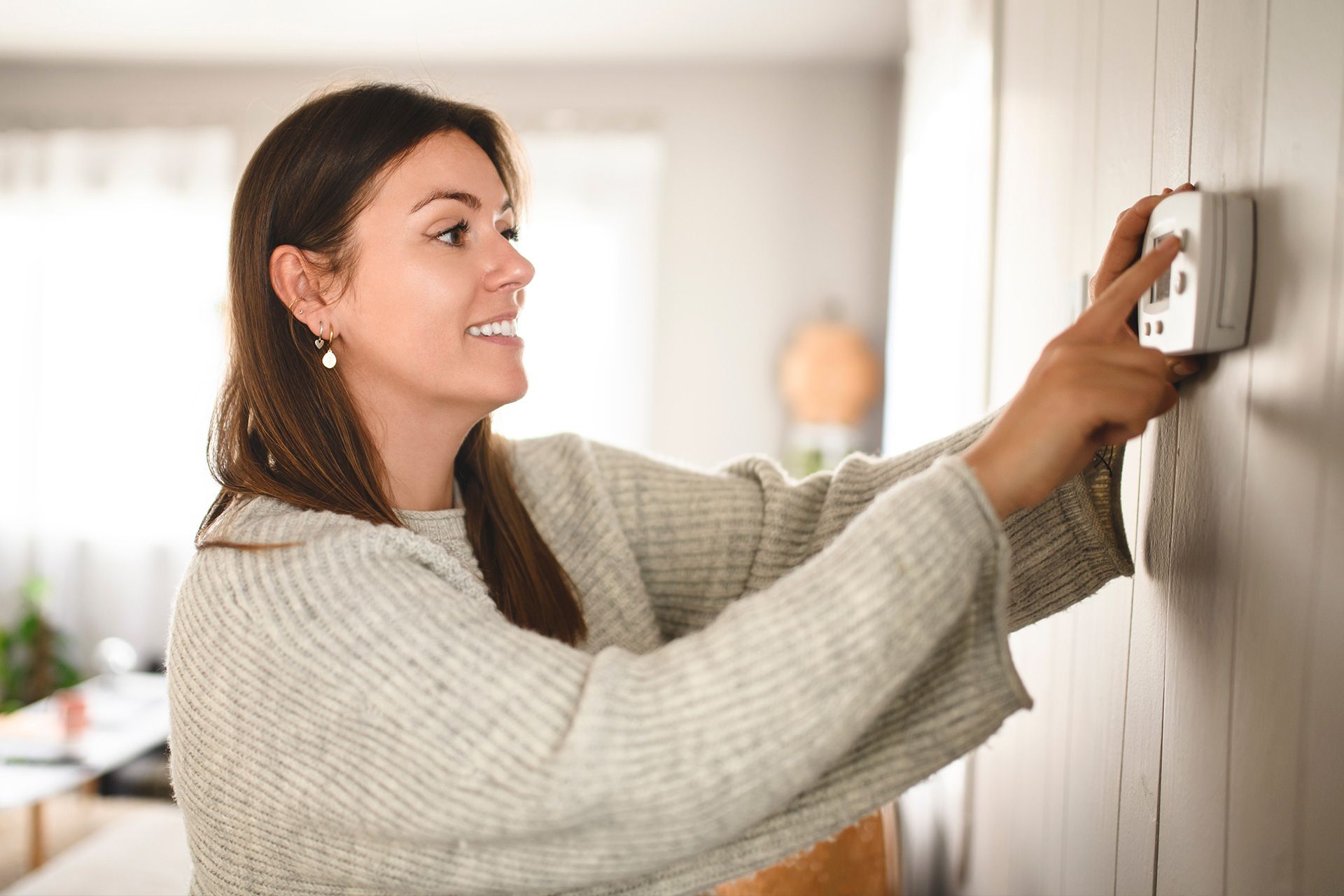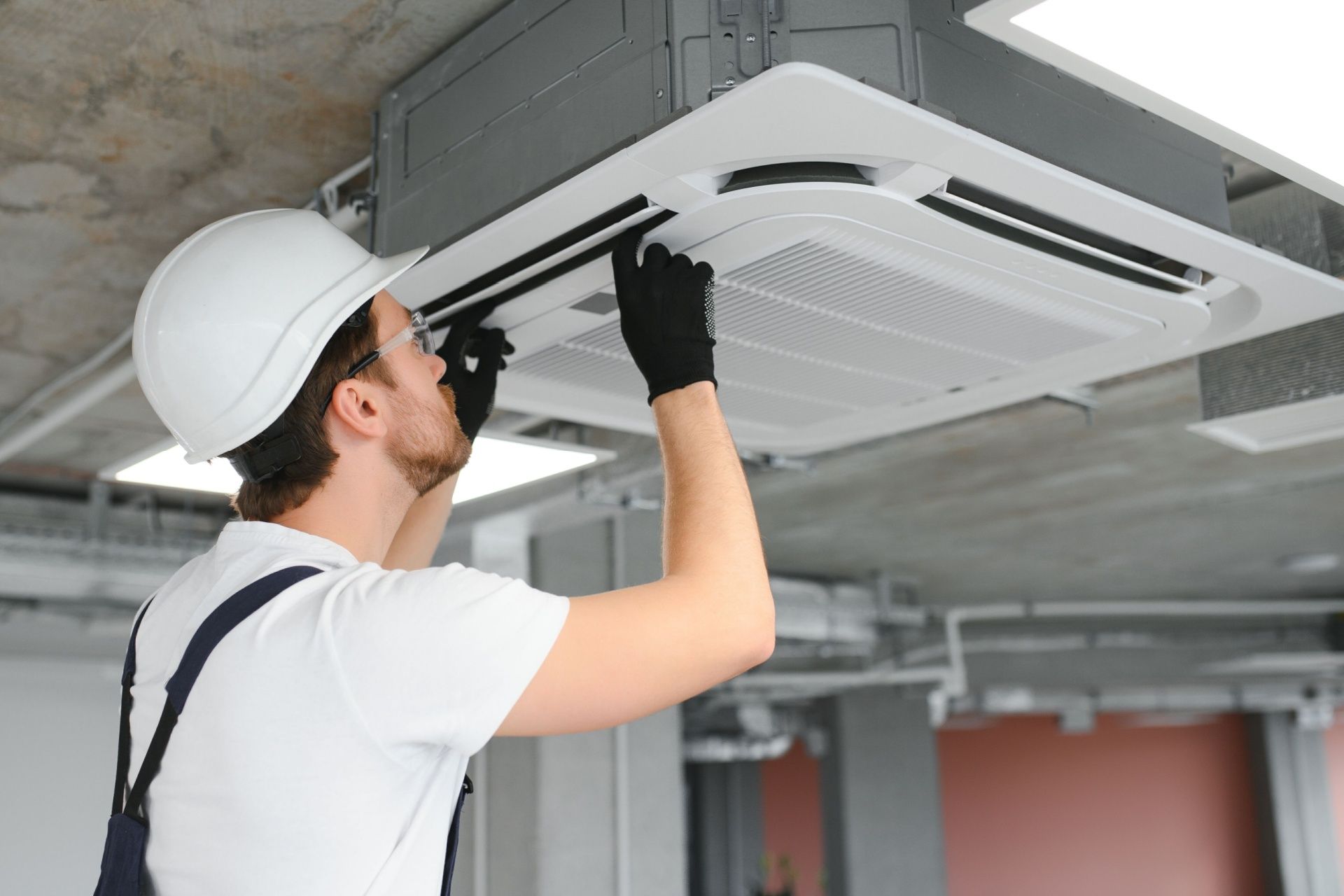What Is a Heat Pump? How Does a Heat Pump System Work?
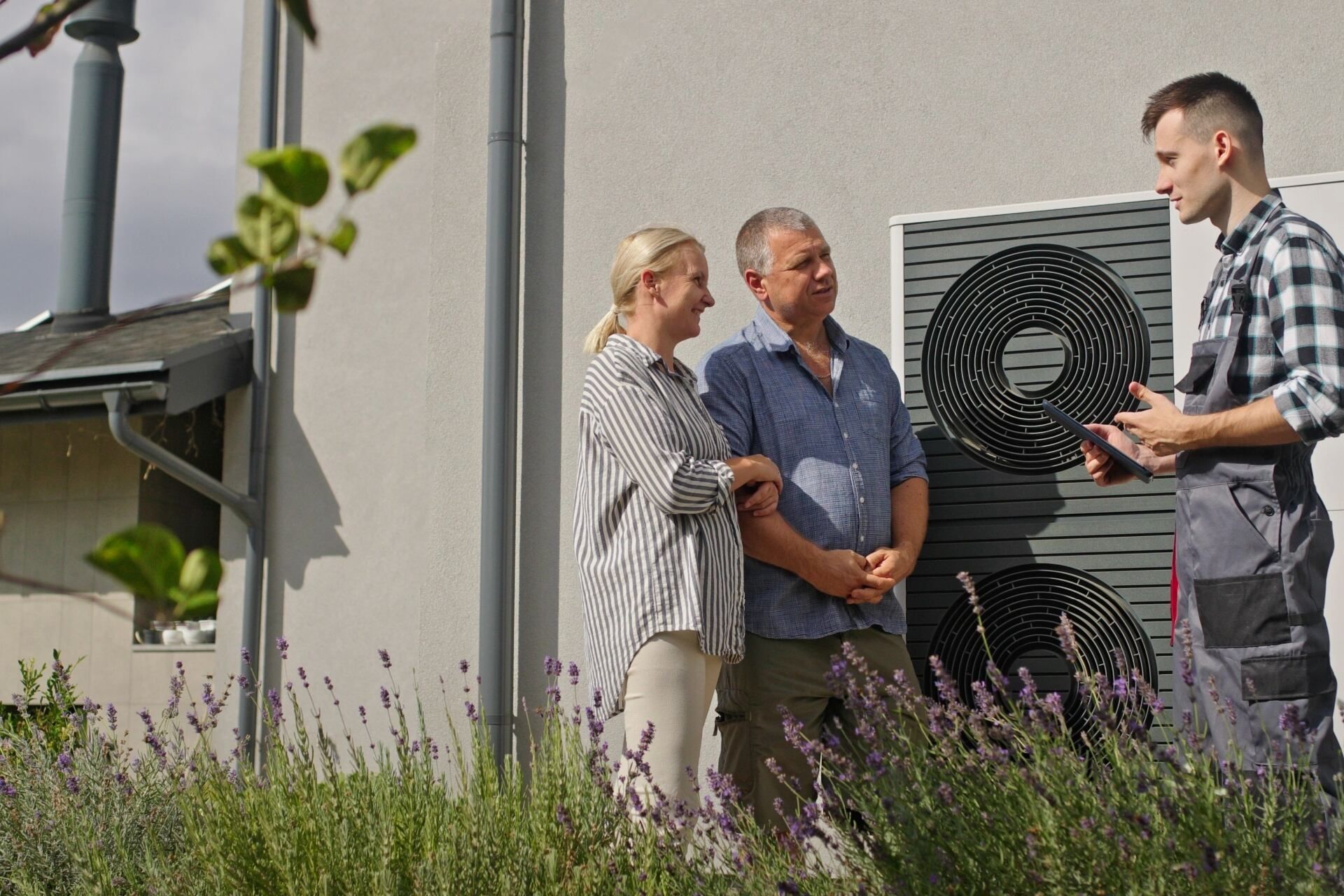
Did you know it is estimated that nearly 20 million U.S. households use heat pumps to heat and cool their homes? According to the U.S. Energy Information Administration, that number is growing fast as people look for energy-efficient and eco-friendly ways to stay comfortable all year round. But what exactly is a heat pump, and how does a heat pump system work? Let’s break it down in simple terms.
What Is a Heat Pump?
A heat pump is a special kind of heating and cooling system. Unlike a regular furnace or air conditioner, a heat pump does both — it can heat your home in the winter and cool it in the summer. That’s right! One system handles both jobs by simply moving heat from one place to another.
It might sound like magic, but it’s really smart science. Heat pumps don’t create heat like a furnace burns gas or oil. Instead, they transfer heat using electricity and a special liquid called refrigerant. This process makes heat pumps highly energy-efficient.
How Does a Heat Pump System Work?
Let’s take a look at how a heat pump system works during different seasons.
In Winter (Heating Mode):
- Extracts Heat from Outside Air: Even when it's cold outside, there's still some heat in the air. The heat pump pulls in outdoor air and uses refrigerant to capture the heat from that air.
- Transfers Heat Inside: The refrigerant flows through coils and moves the captured heat into your home.
- Blows Warm Air into Your Home: A fan pushes the warm air through your home’s air ducts, keeping your rooms cozy.
Yes — even when it feels freezing outside, the heat pump can still pull in enough heat to keep you warm!
In Summer (Cooling Mode):
- Pulls Warm Air from Inside: Your home gets warm in the summer. The heat pump
removes that warm air from indoors.
- Moves Heat Outside: The refrigerant absorbs the heat from inside and releases it outside.
- Blows Cool Air into Your Home: After the warm air is removed, cool air is sent back into your home through the vents.
It works just like an air conditioner but uses less energy and doesn’t need a separate system.
Types of Heat Pumps
There are three main types of heat pumps, and each one works a little differently depending on the home and environment.
1. Air-Source Heat Pump
- Most common type in U.S. homes.
- Pulls heat from the air outside.
- Best for moderate climates.
2. Ground-Source (Geothermal) Heat Pump
- Pulls heat from the ground.
- Very energy-efficient.
- Costs more to install but saves money over time.
3. Water-Source Heat Pump
- Uses nearby water sources like a pond or well.
- Less common but great in specific locations.
Parts of a Heat Pump System
To understand how a heat pump system works, it's helpful to know the key parts:
- Compressor: Pressurizes the refrigerant to move it through the system.
- Coils (Indoor & Outdoor): Where the refrigerant absorbs and releases heat.
- Reversing Valve: Switches the system from heating to cooling mode.
- Expansion Valve: Controls the flow of refrigerant.
- Fan & Blower: Moves air through the system and your home.
All these parts work together to keep your home comfortable in any season.
Benefits of Using a Heat Pump
So, why are more and more people choosing heat pumps? Here are some great reasons:
Energy Efficiency
Heat pumps move heat instead of generating it, which uses a lot less energy. This can lower your utility bills.
Year-Round Comfort
No need for a separate air conditioner or heater — heat pumps do it all!
Environmentally Friendly
Since they use less energy and don’t burn fuel, heat pumps are better for the environment.
Quiet Operation
Most heat pump systems run much more quietly than traditional HVAC systems.
Safety
There’s no flame or combustion involved, making them safer to operate than gas furnaces.
When Is a Heat Pump the Right Choice?
A heat pump is a great choice if you live in a mild or warm climate, like many parts of the southern and western U.S. It works well in temperatures above freezing.
However, in colder climates where temperatures often drop below 30°F, a heat pump may need help from a backup heating system, like a gas furnace or electric heater.
If you’re building a new home or upgrading an old HVAC system, installing a heat pump system can be a smart investment.
Heat Pump Maintenance Tips
Keeping your heat pump in good shape ensures it works efficiently year-round. Here are a few simple tips:
- Change air filters every 1–3 months.
- Clean outdoor coils to remove dirt and leaves.
- Schedule yearly professional maintenance.
- Check refrigerant levels if you notice poor heating or cooling.
Regular care helps extend the life of your system and prevents costly heat pump repairs.
Common Myths About Heat Pumps
Let’s clear up some misunderstandings:
Heat pumps don’t work in cold weather
Truth: Modern heat pumps are designed to work even in low temperatures. Some models are rated for temps as low as 5°F.
They cost more to run than a furnace
Truth: Heat pumps are often more efficient and cost less to run in the long term, especially in warmer climates.
They can’t cool your home properly
Truth: Heat pumps cool just like a central air conditioner — and often more efficiently!
Are Heat Pumps Worth It?
For many homeowners, the answer is yes. A heat pump system offers a combination of comfort, efficiency, and savings. Plus, with rebates and tax incentives available in some states, switching to a heat pump may be more affordable than you think.
If you're looking for a smart and eco-friendly way to heat and cool your home, a heat pump system is definitely worth considering.
Final Thoughts
Now you know the answer to, “What is a heat pump?” and have a clear understanding of how a heat pump system works. It’s an amazing tool that keeps homes across America comfortable year-round — while saving energy and money.
Whether you’re building a new house or upgrading your current system, a heat pump could be the perfect solution.
Want to make your home more energy-efficient? Contact
GNV Heating and Air Conditioning today for a heat pump consultation!
FAQs About Heat Pump
What is a heat pump used for?
A heat pump is used to heat and cool your home using energy-efficient technology that transfers heat instead of generating it.
How does a heat pump system work in cold weather?
Even when it’s cold outside, a heat pump can extract heat from the air and transfer it indoors to warm your home.
Is a heat pump better than a furnace?
In warmer climates, heat pumps are often more efficient and cheaper to run than furnaces. They also provide cooling, which furnaces don’t.
How long does a heat pump last?
Most heat pumps last 10 to 15 years with proper maintenance.
Can a heat pump replace my AC?
Yes! A heat pump can do the job of both an air conditioner and a heater.
Disclaimer: The information on this website and blog is for general informational purposes only and is not professional advice. We make no guarantees of accuracy or completeness. We disclaim all liability for errors, omissions, or reliance on this content. Always consult a qualified professional for specific guidance.
